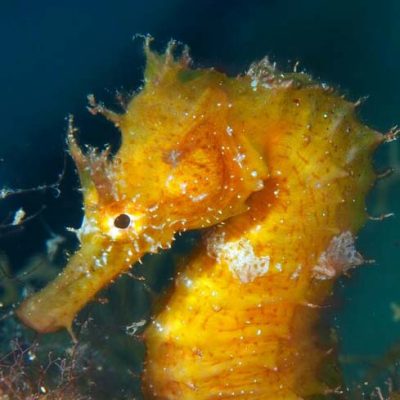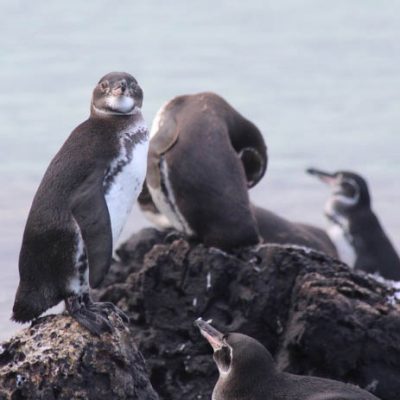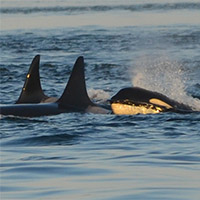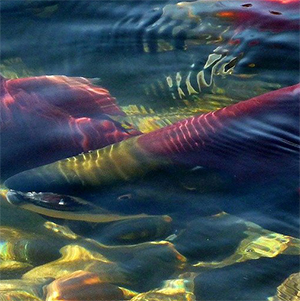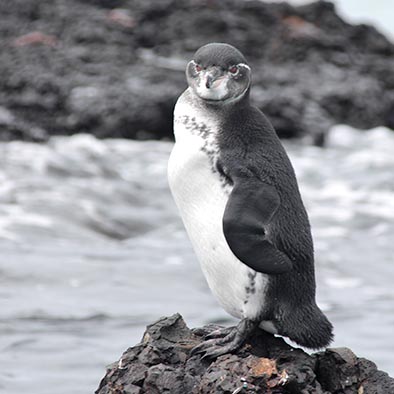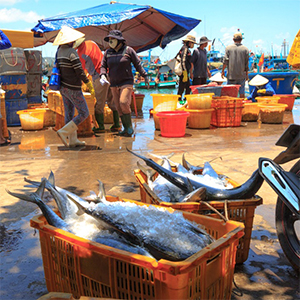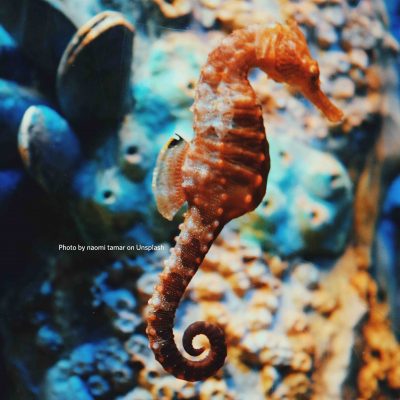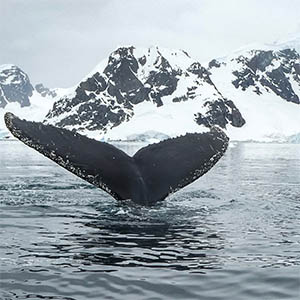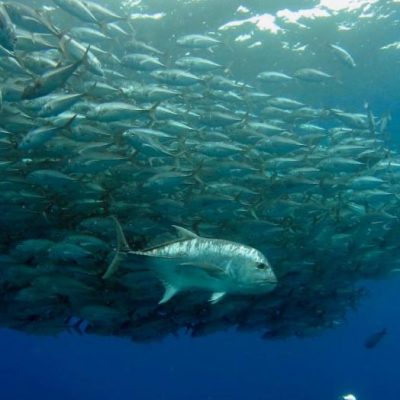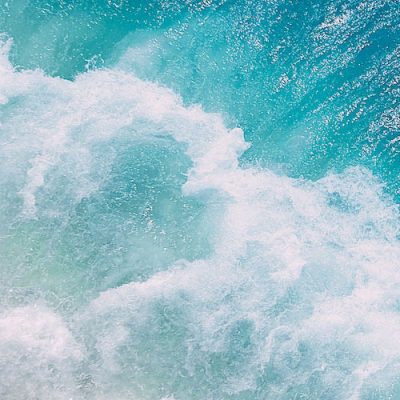Global seahorse conservation platform celebrates citizen science milestone
Dennis Rabeling’s observation of the short-snouted seahorse (Hippocampus hippocampus) species, was citizen community science platform iSeahorse’s 10,000th observation.
‘This is a wake-up call for the world’: UBC researchers at the forefront of championing for change
The Galápagos islands are under severe threat from ocean pollution, climate change, and illegal, unregulated, and unreported (IUU) fishing pressures
Toxic toilet paper and long-lasting chemicals found in endangered killer whales
A chemical used in the production of toilet paper and ‘forever chemicals’ have been found in the bodies of orcas in B.C. , including the endangered southern resident killer whales.
The DNA of salmon heritage
Two UBC researchers are exploring the problem of dwindling salmon runs from opposite ends of the knowledge continuum—cutting edge genomics, and empirical evidence gathered over millennia by the Indigenous Peoples of the coast.
Darwin’s Eden awash in plastics
Penguin guano from the Galápagos is helping UBC researchers track microplastic pollution from around the globe
New Working Paper: A rich analysis of the economic, social and environmental effects of harmful fisheries at the ecosystem level
The effects of harmful fisheries subsidies in three marine ecosystems, chosen for their importance in terms of food security, size and diversity; and three different management scenarios are examined.
New Fisheries Centre Research Report (FCRR)
Implementing CITES Appendix II listings for marine fishes: a novel framework and a constructive analysis
Researchers call for action to stop exploitation of Antarctic waters
The critically important Southern Ocean is not being properly protected by its stewards, a distinguished group of scientists from around the globe have noted.
Global fish stocks can’t rebuild if nothing done to halt climate change and overfishing, new study suggests
“We are at a turning point. What we need is a coordinated global effort to develop practical and equitable marine conservation measures to support effective biomass rebuilding under climate change,” said Dr. William Cheung
“Heading for failure” UN Sustainable development goal for world oceans
New research examined the progress of the UN’s “Sustainable Development Goal (SDG) 14: Life Below Water”, and more than 70% of countries have not achieved a single target so far.
